How to commission bespoke furniture – and the benefits it can bring
Adele Cardani takes the stress out of what can seem a daunting and extravagant task, by asking an expert how to go about creating ‘functional art’ you will love and that fits your life perfectly
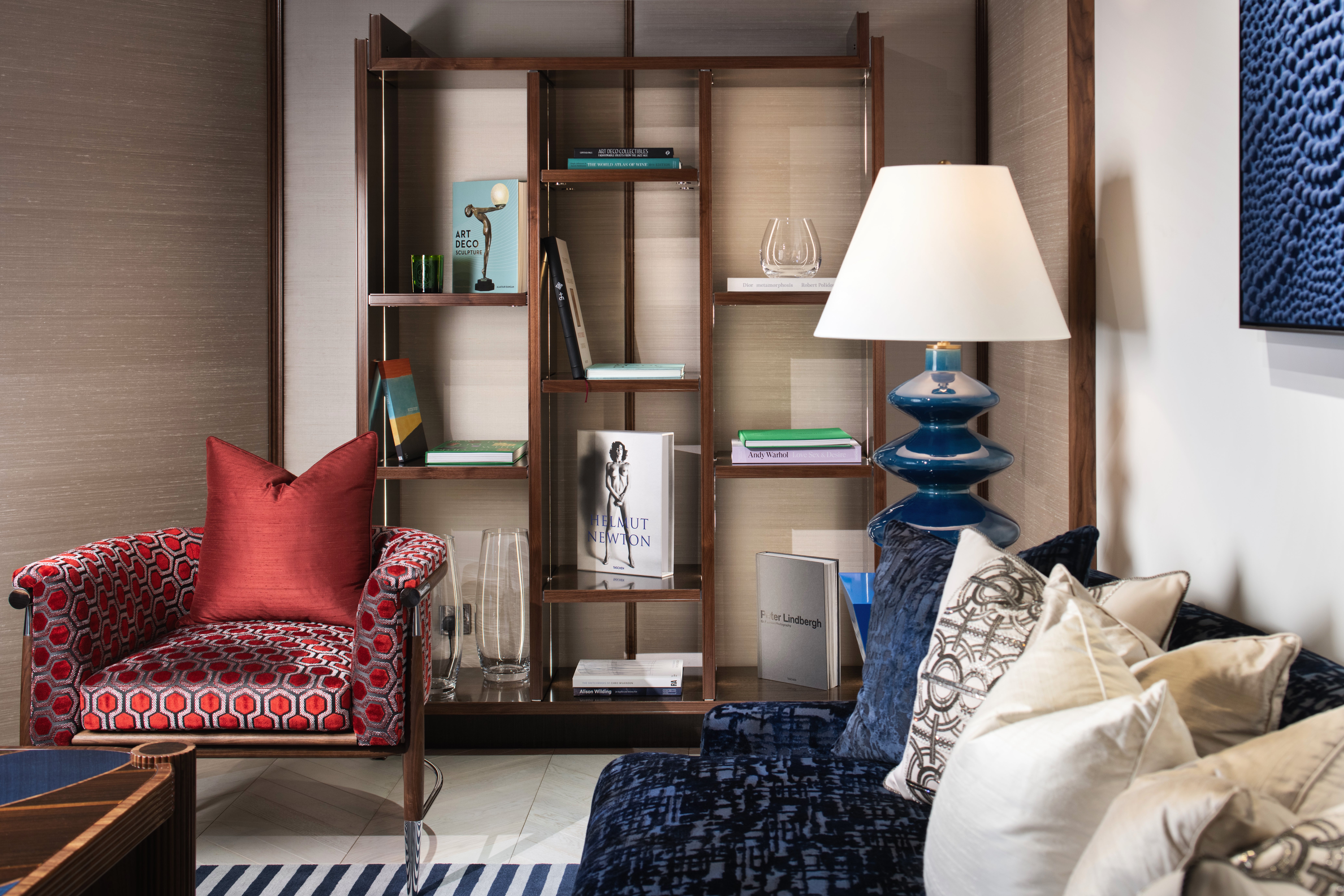
Your support helps us to tell the story
This election is still a dead heat, according to most polls. In a fight with such wafer-thin margins, we need reporters on the ground talking to the people Trump and Harris are courting. Your support allows us to keep sending journalists to the story.
The Independent is trusted by 27 million Americans from across the entire political spectrum every month. Unlike many other quality news outlets, we choose not to lock you out of our reporting and analysis with paywalls. But quality journalism must still be paid for.
Help us keep bring these critical stories to light. Your support makes all the difference.
Commissioning bespoke furniture may seem like a daunting and extravagant task, but there are many practical reasons for doing so. Custom-fit furniture and storage solutions can transform your home – making the most of every available bit of space to help it function better and look sleeker. With the right mindset and craftsperson, the commissioning process can be simple and incredibly rewarding – resulting in a unique future heirloom.
This week, I turned to Alexander and Helen Shepel, the duo behind multi-brand design studio and bespoke furniture-making business: Shepel. With more than a decade of experience in crafting what they call “deeply personal, functional art,” here Alexander explains how to commission bespoke furniture, and the benefits it can bring.
Why should I invest in bespoke furniture?
Alexander begins: “By going bespoke, you can create pieces that perfectly suit your unique tastes, needs, lifestyle and environment. Whilst one-off pieces can be expensive compared to mass-produced furniture, the quality and longevity of hand-crafted items will far outlive that of high street options.”
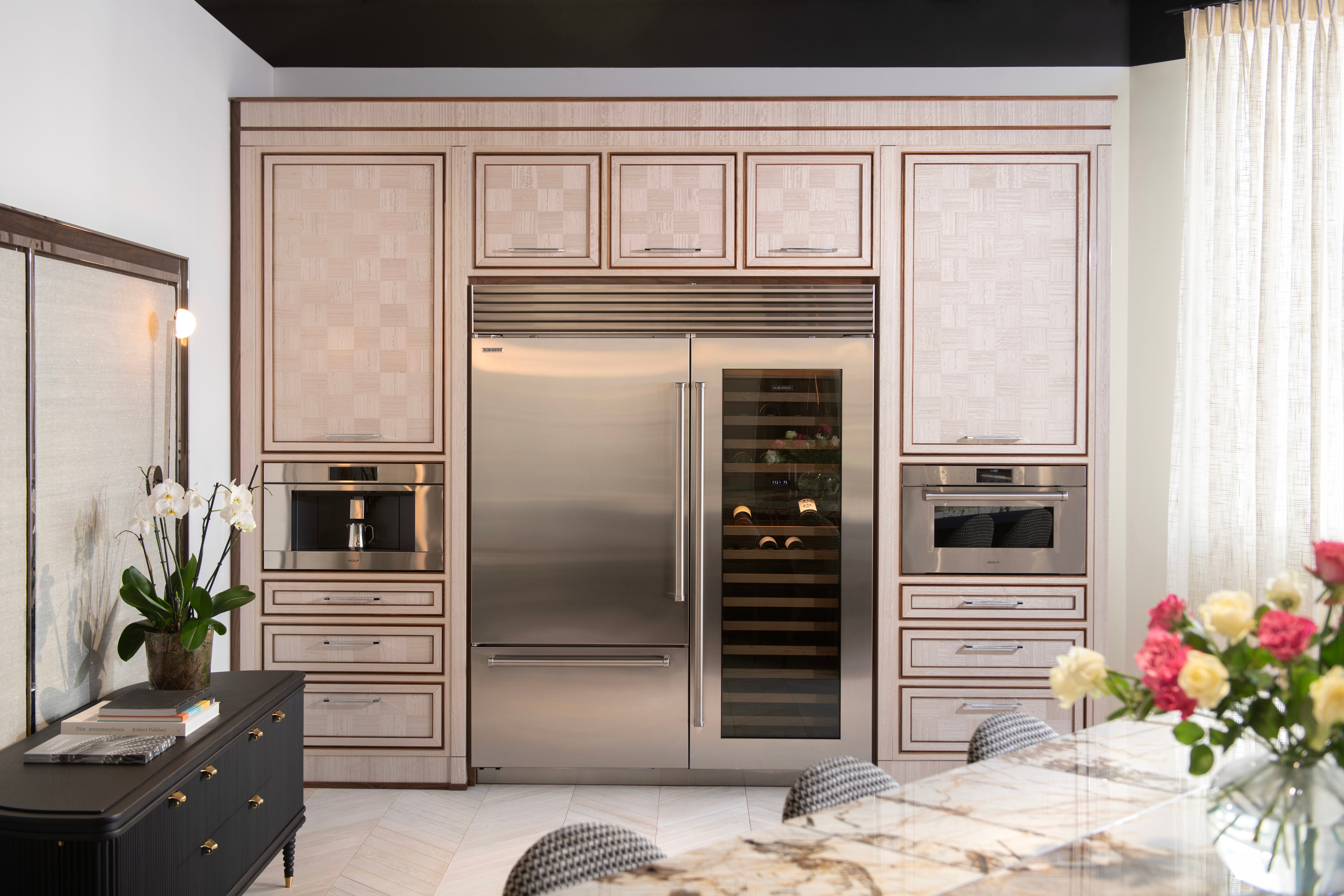
He adds: “A bespoke piece can be the answer to practical problems, such as unusual layouts. We often craft joinery to solve design dilemmas which can’t be resolved with existing, off-the-shelf pieces. Commissioning something hand-crafted also presents the opportunity to support a maker you believe in and back a small business, rather than a ‘fast-furniture’ manufacturer.”
Which items should I prioritise going bespoke for?
“Case goods, like wardrobes and kitchen cabinets are at the top of the list when it comes to investing in custom design,” Alexander says. “When tailored to your home, these can stretch up to the ceiling and fit into awkward nooks, maximising every inch of storage space, and helping you to be more organised – whilst syncing perfectly with your existing design style.”
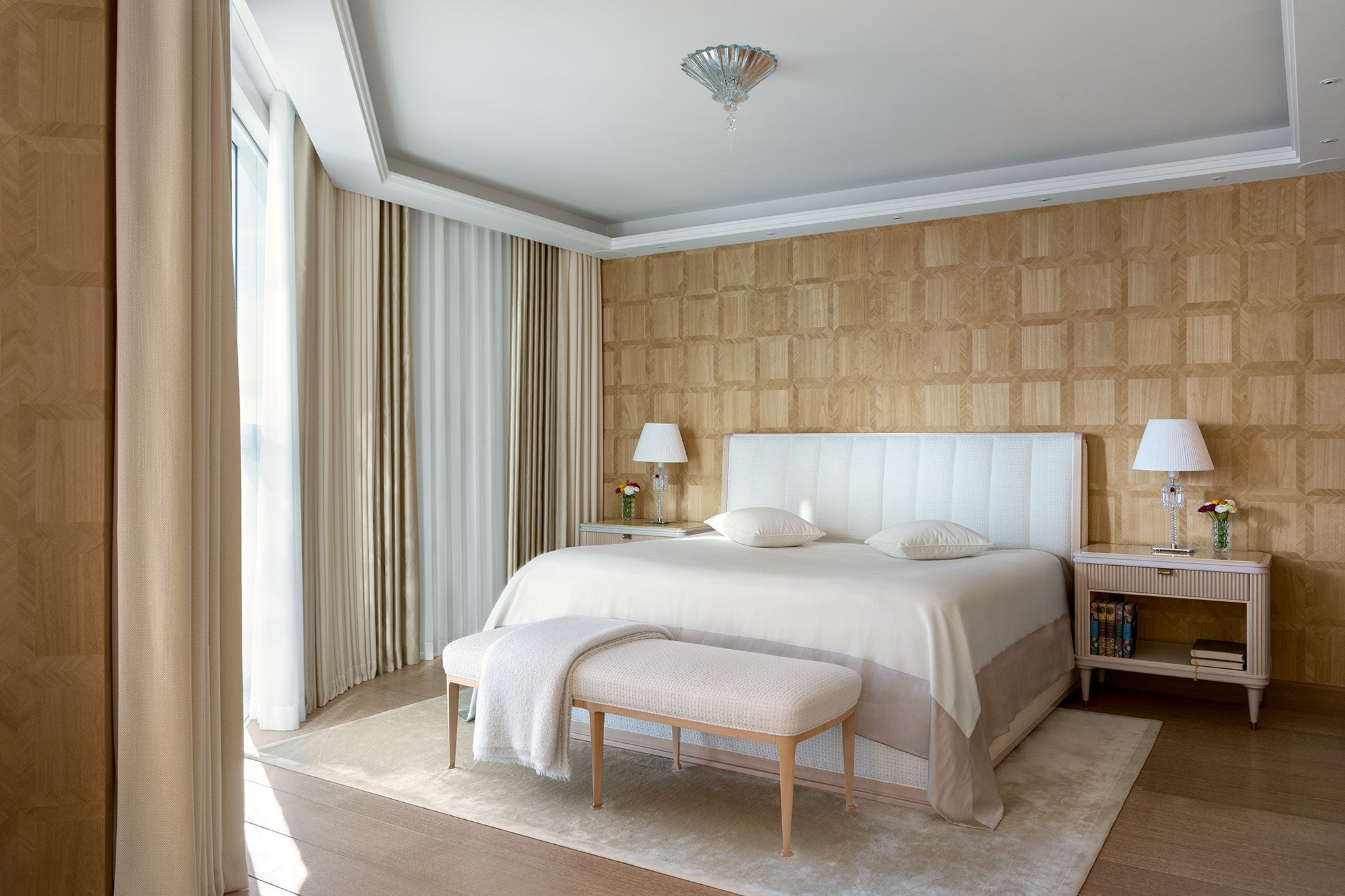
What key information should I have ready when approaching a maker?
He explains: “A good furniture maker will take care of everything, personally visiting your space to take all the necessary measurements and get a feel for your style. We determine proper scale and sizing for your piece based on the layout of the room and your personal preferences. For bookcases, wardrobes, and sideboards, consider what you plan to store inside. This will guide our plans for shelf heights and drawer sizes.”
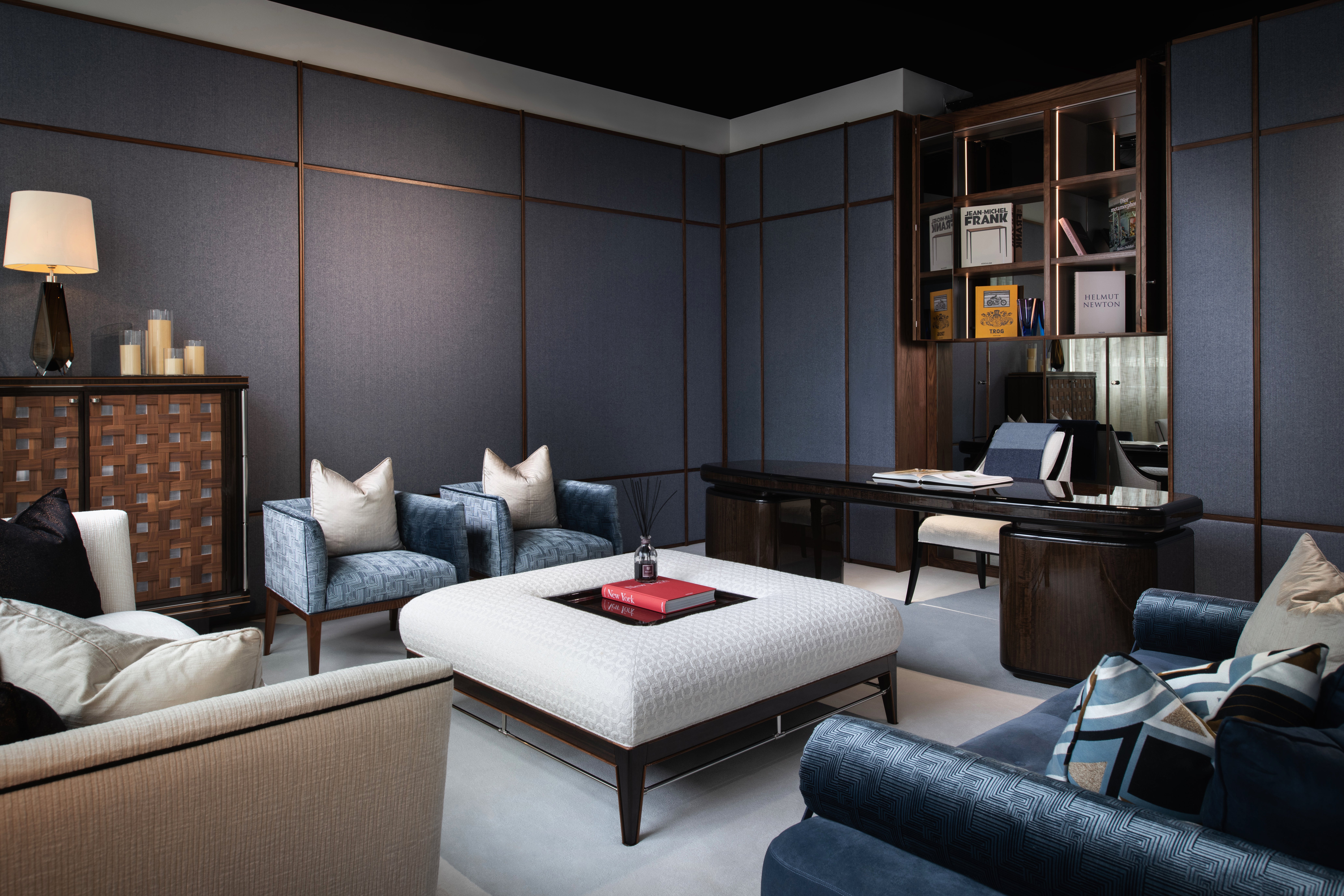
How can I articulate my vision into a design brief?
Alexander says: “One of the important parts of our work is identifying the desires and needs of the client through conversation about their habits and hobbies. We’ll ask you exactly where the piece is going to go and what functions it will need to fulfil. We’ll ask things like, do you anticipate this item getting a lot of use, or will it be more ornamental?
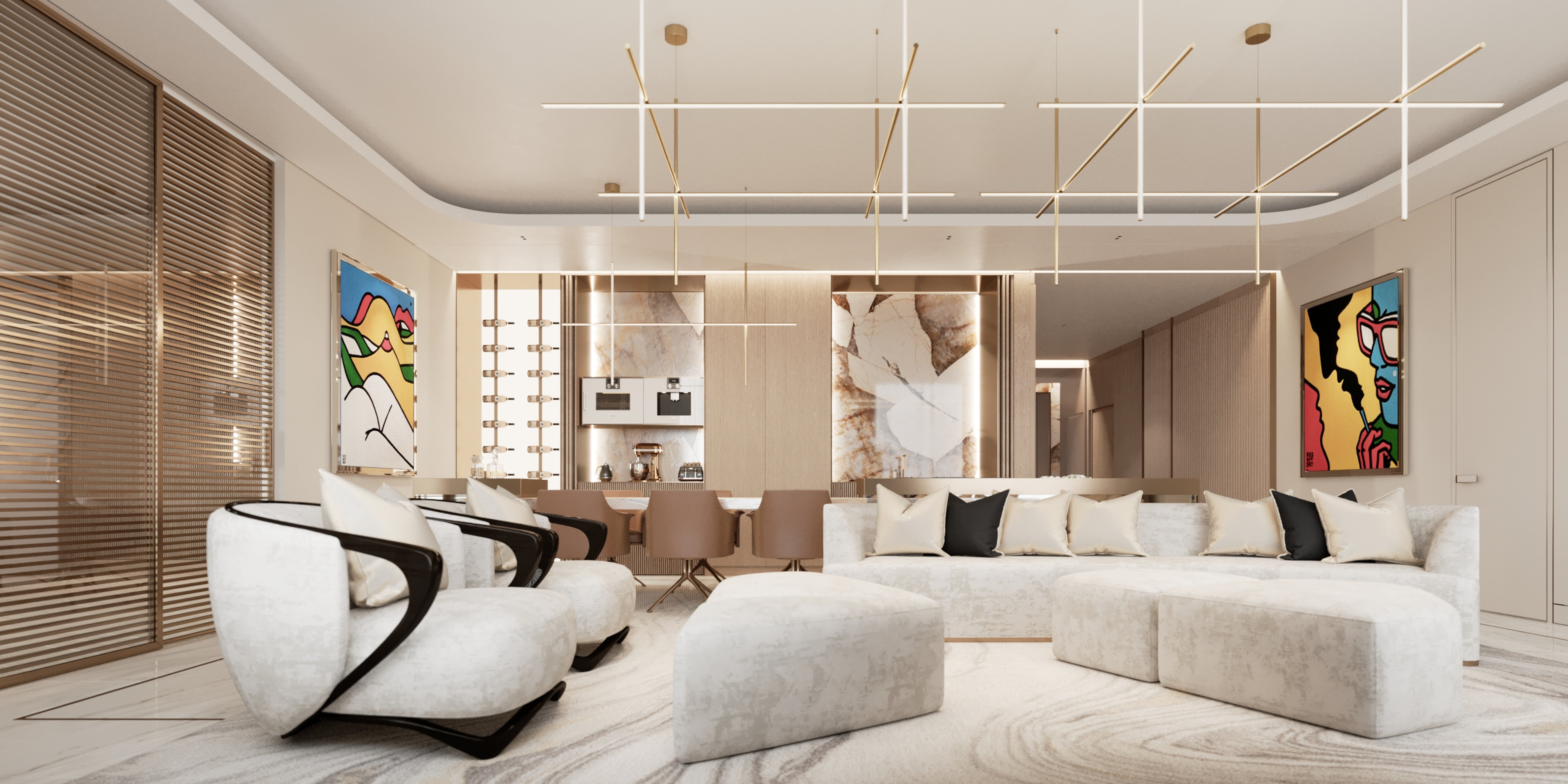
“Next, we’ll explore your personal style and aesthetic preferences, asking questions such as: Is there a period you like or a particular design movement that speaks to you? Which materials do you find appealing? We’ll ask you to think about other pieces of furniture you have loved, and which design details you might like to incorporate into a new piece. We’ll also need to understand how important this piece is within the room as a whole – do you want it to be the star of the show or a functional object that blends into the background?”

How can I make sure that I love my final piece?
“Before the design is approved and manufacture begins, we provide sketches and detailed 3D models to help you visualise your piece,” he explains. “We will also review finishes and fabric samples, to make sure you’re confident in your choices. Confirming all details in person is key to ensuring there are no surprises when you receive your finished item.”
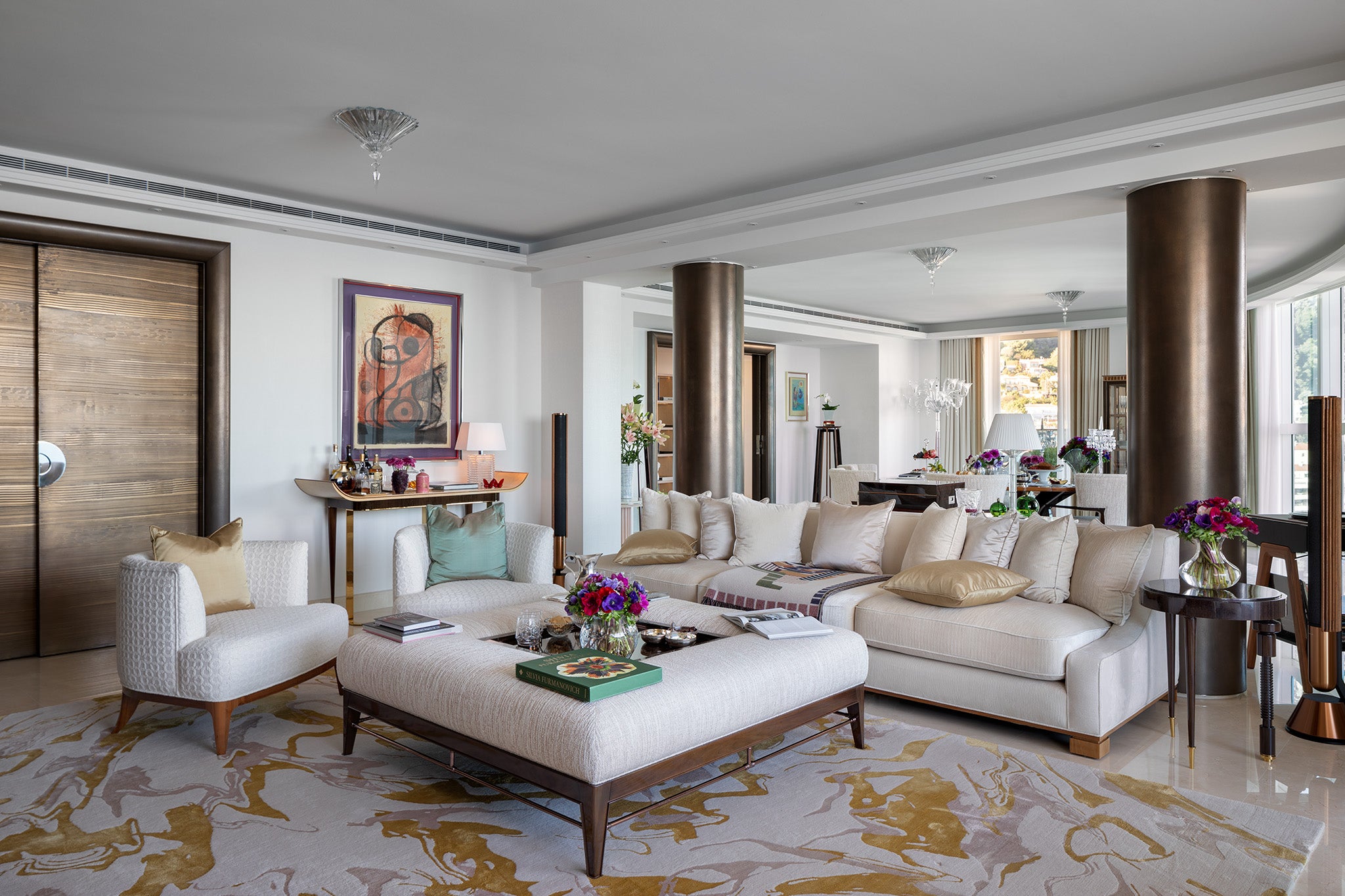
How long will the process take?
Alexander says: “The maker should be transparent about your project timeline. For us, the full production process typically takes between 14 and 20 weeks, depending on the type of furniture.”
He concludes: “It’s important to keep an open mind throughout the process, as commissioning a bespoke piece asks an artisan to create something brand new. This may require them to master additional techniques or try out unconventional materials – meaning you should allow space, money, and time for creative experimentation. But this should all pay off in the end, leaving you with a piece that’s perfectly aligned with your vision.”
Join our commenting forum
Join thought-provoking conversations, follow other Independent readers and see their replies
Comments